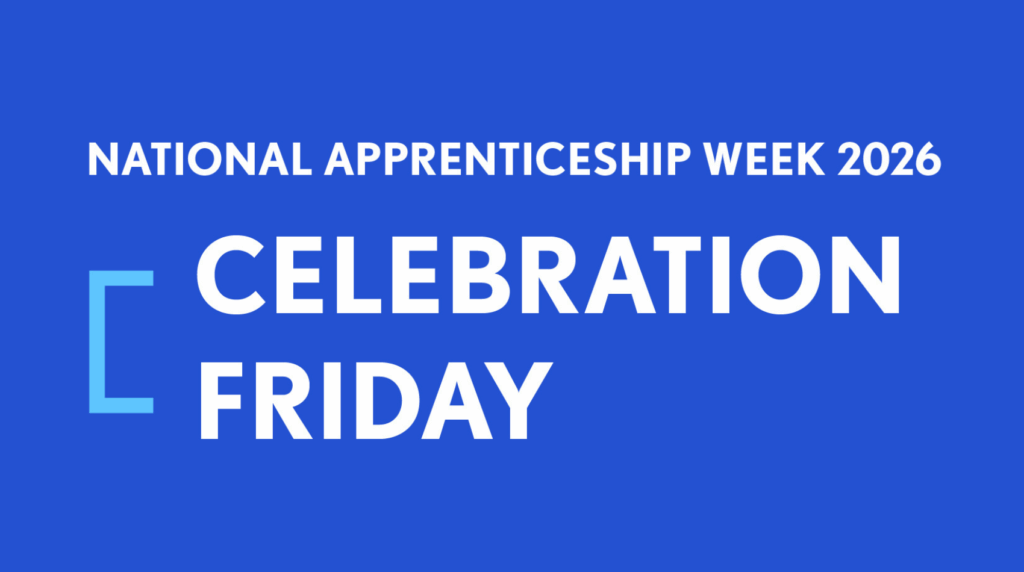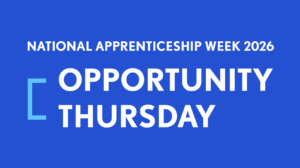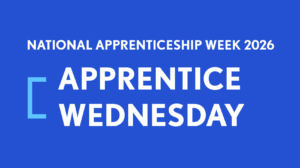Andrew Steel,
IT, Website & Marketing Manager
12th July 2022
What is an End Point Assessment or EPA?
An End-point assessment (EPA) is the final module at the end of the Apprenticeship, which is designed to test the knowledge, skills and behaviours that an apprentice has gained during their training. Unique to each standard, the EPA demonstrates an apprentice’s competence within their role.
Assessments are created by employers in the selected sector of the Apprenticeship Standard. These assessments are conducted by independent bodies known as end-point assessment organisations (EPAOs).
As well as completing the EPA, your apprentice may need to complete several additional requirements before completion. This might include mandatory English and maths qualifications. Once all elements of the Apprenticeship are completed, the Apprentice will receive their certificate.
So how can you support your Apprentice?…
The EPA can be a stressful time for an Apprentice. Showing your support, helping them prepare or even if it’s just sending a message to reassure them goes a long way. Here are a few helpful tips to help your Apprentice prepare:
- Ask the training provider (us) for the Assessment Plan
This can give you a clear outline of how the apprentice is being assessed, what methods the provider will be using to grade the apprentice, as well as any key themes or areas they may need to focus on to help them prepare. Refer to the grading criteria, like a checklist, to ensure the requirements are met.
- Help them to Reflect on what they’ve learned
Did you know that your child can start an Apprenticeship at any time throughout the year? Unlike college or university, they don’t have to wait until September to start. This means that if your child is currently in college and considering dropping out, they can enrol on one of our training programmes or apply for any of our live Apprenticeship vacancies straightaway. The course length of an apprenticeship can vary.
Some can be completed within one year. Other specialised courses can take up to six years to complete an apprenticeship depending on which one you choose, what level it is and your previous experience.
- Help build their confidence with mock questions
Managers could ask their employees mock questions covering topics that are likely to come up at EPA. You could even film or record these for the Apprentice to watch back later. This may help with communication skills preparing them for a Professional Discussion (which is an example of an assessment method).
- Hold mock observations during quiet periods
As a line manager part of your role is bound to be focused on observing your team. During quiet periods in the working week, it is a good idea to feedback to the apprentice on how they’re getting on. To get them used to be observed whilst in their job role.
- Create opportunities for success
Some Apprentices perform better in certain scenarios better than others. Throughout the weeks leading up to their EPA, create tasks or scenarios for the Apprentice to practise the skills or areas they feel need work. But also, the areas they feel are their strengths. This will help them build confidence as they progress into situations or assessment scenarios, they might be less confident with. Make sure they’re ready & confident for whatever challenge EPA throws at them.”
What qualifications are on offer?
Many people assume apprenticeships are only for manual practical trades such as becoming an electrician or a plumber but this is not the case! There are are now a wealth of professions that offer Apprenticeship opportunities: Childcare, Customer Service, Clinical Healthcare, Education, Marketing, Catering and Hospitality, and many more!
Check out the full list of Apprenticeship qualifications on offer here.
Get in touch today, we would love to hear from you!
Call us on – Tel: 02380 170380.
Or email us on – hello@kiwieducation.co.uk
Employers
Read More
Individuals
Available Courses
International
Our Partnerships


